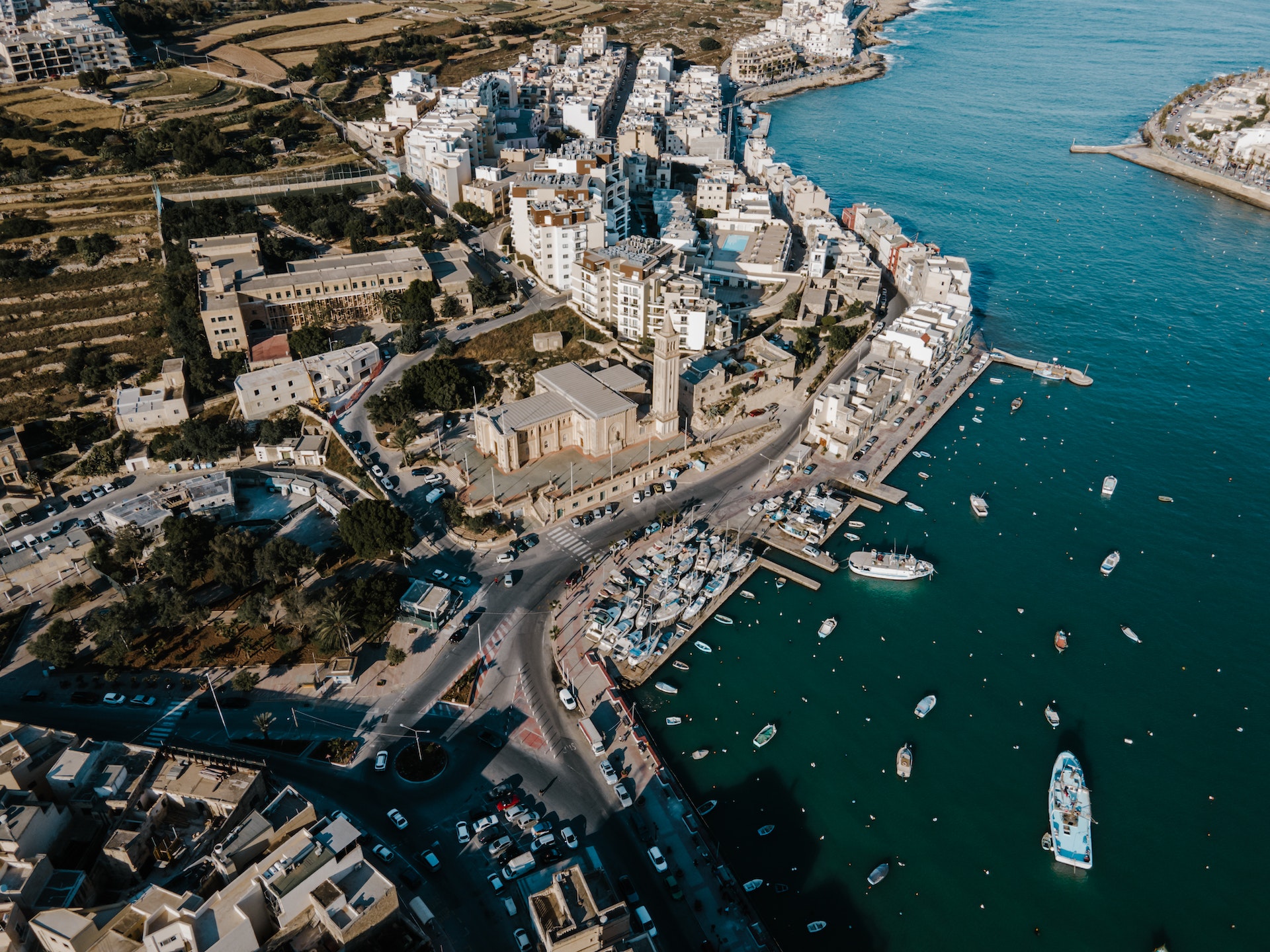Malta is an island in Southern Europe, specifically in the Mediterranean region. It is a member of the European Union and is one of the best countries to relocate to and find work in the world. Below we look at how to find work in Malta and the steps you will need to take.
Is it Easy to Find a Job in Malta?
It depends on your citizenship. If you are a citizen of a country in the European Union, a national of the European Economic Area or a Switzerland national, finding work in Malta is much easier than for non-EU citizens.
Also, EU nationals do not need a work permit to work in Malta, but residents of countries outside the EU do. Non-EU residents need a Single work permit, which they can apply for through their employees before moving to Malta for work. EU nationals can register as unemployed when they move to the island until they find a job.
You will also need to register for an eResidence card or become a resident or a citizen if you wish to stay for a significant period or start a business in Malta.

Getting Started
Before finding a job in Malta, you need to relocate to the country if you live abroad. Note that companies can offer remote work, so you will not need to do this if you work for such companies. There are lots of reasons for relocating to Malta. Some of them include the fantastic weather, the ability to travel to any Schengen country from Malta, the stable political system, favourable taxation and the high quality of life on a Mediterranean island.
An Initial Visit
One thing you can do before you move to Malta or start applying for jobs is to visit the country. You should use the visit to familiarise yourself with the island and its people. This initial visit is also perfect for making contacts and networking with people who will be important once you start applying for jobs.
Additionally, consider attending one of the many conferences held on the island. These conferences provide unique opportunities to network with potential employers and clients.

Getting a Work Permit for Non-EU Nationals
You should understand that getting the work permit you need to start working in Malta if you are not from the EU and are not a European Economic Area can take some time. As they make the application for you, an employer has to demonstrate that they have tried to hire Maltase, EU or European Free Trade Association nationals and haven’t found the right candidate.
That said, some professions are exempt from these rules. These include health-related professionals, gaming and IT professionals, education and finance professionals, those in the entertainment or culture industry, technicians and building specialists like geologists and engineers.
Where to Find a Job in Malta
There are several options for those looking for jobs in Malta. The best place to start is job boards. These websites scour the internet looking for jobs to post or work directly with employers to help them find ideal candidates. These platforms list hundreds or thousands of jobs in Malta in different categories, making it easier for job seekers to find the exact job they are looking for.
If you are looking for jobs through these job boards, you should know that each has a speciality. For example, some only post jobs for EU residents, while some are open. Some post jobs that require experience while others post jobs for which no experience is necessary. Lastly, some post jobs looking for workers from specific countries.
Newspapers
Newspapers are another popular way of finding jobs in Malta. Maltese newspapers typically have job sections where employers list the jobs for which they are hiring. Some popular newspapers with these sections include Malta Today, The Malta Independent and The Times of Malta.
Once you find a job that interests you, you can contact the employer through the contact details provided. They can set up an interview if they think you are a good candidate, or you could ask to arrange a fact-finding meeting where you meet the employer to find out if you are a good fit for the position.
Recruitment Agencies
Recruitment agencies in Malta seek to connect employers with suitable candidates. These recruiters can contact people once they find them online, or candidates can contact them directly. Some recruitment agencies do not like getting approached like this, though, because they prefer that they research possible candidates and ensure they are an excellent fit for a specific employer before they get in touch with the candidates.
A Word About Your Safety
All three options discussed above can help you find a job in Malta. However, you should be careful about who you deal with because scammers are always looking to steal from job seekers. They sometimes copy legitimate websites’ designs to fool people into leaving their details or ask for cash for interviews. They also sometimes pose as recruitment agencies, ask for a fee and then disappear because they do not offer any legitimate services.
Do thorough research about any employer before reaching out. You should be especially careful about people posting as recruitment agents or companies. While legitimate recruitment agents and companies exist, there are lots of people looking to take advantage of you.
Whether you are looking for a job in Malta as an EU, Maltese, or non-EU national, the process is largely the same, with the difference being the required permits. Non-EU residents have to go through a much stricter process but can find good employment if their employer can make a good case for hiring them. Job boards, newspapers and recruitment agencies are the best ways of finding a job in Malta.








